Home / trending / A Heartwarming Message from a Pakistani Student to an Indian UPSC Mentor Goes Viral: A Tale of Unity Through Education
A Heartwarming Message from a Pakistani Student to an Indian UPSC Mentor Goes Viral: A Tale of Unity Through Education
By: My India Times
5 minutes read 919Updated At: 2025-01-13
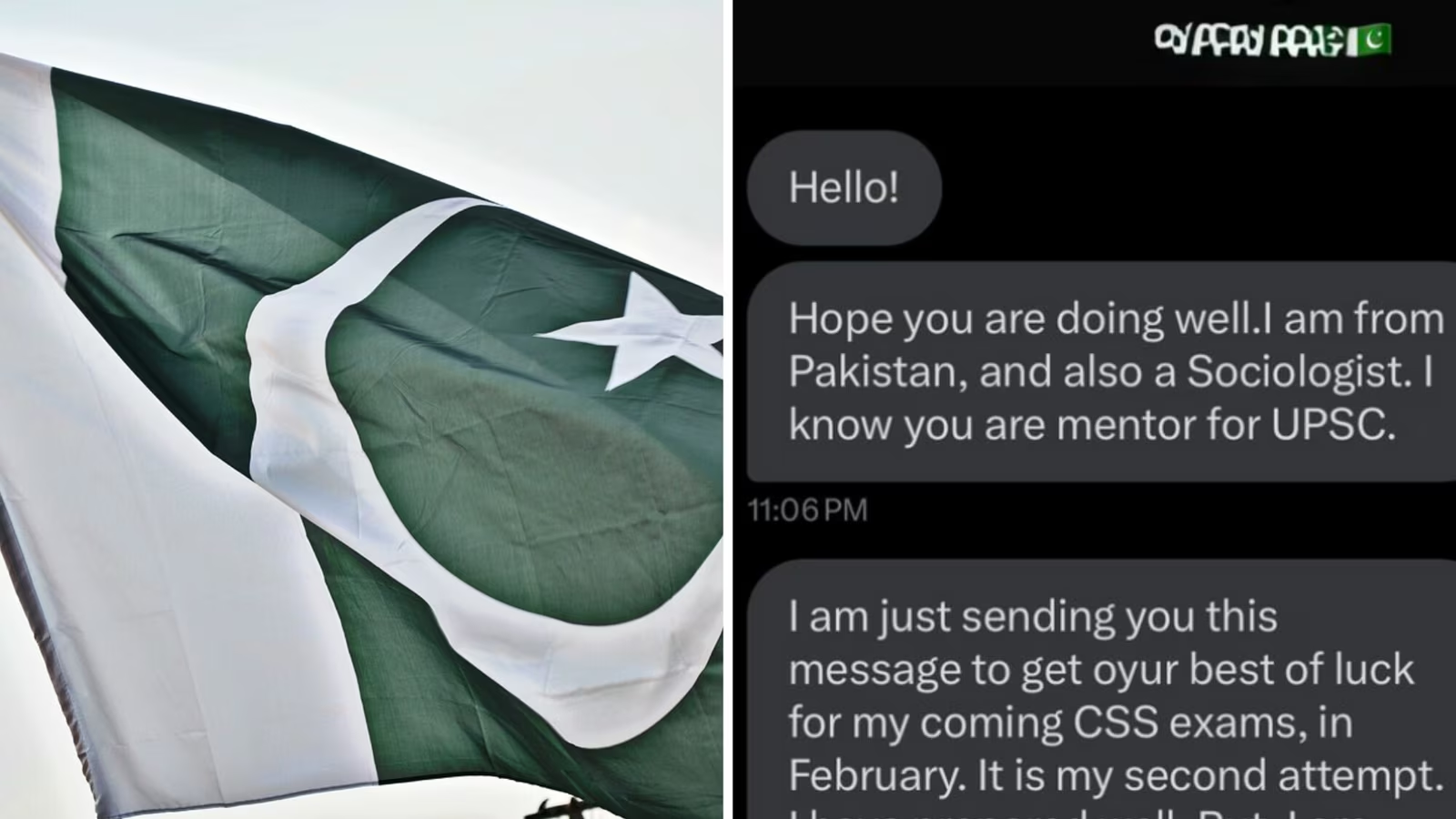
In a world where political tensions often overshadow the commonalities we share, a simple yet powerful message between a Pakistani student and an Indian UPSC mentor has captured hearts across the globe. The exchange, rooted in gratitude and mutual respect, reminds us that education has the unique power to unite people beyond borders, fostering understanding and collaboration.
A Heartfelt Message That Speaks Volumes
Shekhar Dutt, a well-known UPSC mentor from Chandigarh, shared a screenshot of an unexpected message he received from a student in Pakistan. This student, preparing for competitive exams in their home country, expressed profound appreciation for the guidance Dutt had unknowingly provided through his online learning platform, Sleepy Classes. The message, filled with gratitude, conveyed how Dutt’s teachings had made a significant difference in their academic journey.
Dutt’s post on social media, accompanied by the caption “Knowledge knows no boundaries,” quickly gained traction. It was a simple but impactful statement that resonated deeply with people from both India and Pakistan, igniting a conversation about how education can transcend the barriers often erected by politics and history.
Shekhar Dutt’s Journey of Impact
Shekhar Dutt’s reputation as a compassionate and effective UPSC mentor is well-established. His online platform, Sleepy Classes, has empowered countless students across India, providing them with valuable resources and personalized guidance for UPSC preparation. His teaching style focuses on breaking down complex topics into digestible lessons, making the preparation process less daunting for aspirants.
What made this particular message even more special was the fact that it came from a student in Pakistan, a country that, despite its geographic proximity, often feels distant in terms of shared academic resources. The student’s decision to reach out to Dutt for guidance highlighted the far-reaching influence of Sleepy Classes, showing that good education knows no geographical limits.
The Viral Wave of Appreciation
Dutt’s social media post quickly went viral, accumulating thousands of likes, shares, and comments. People from both India and Pakistan flooded the comment section, expressing admiration for both the student’s humility and Dutt’s dedication to spreading knowledge.
One user wrote, “This is a reminder that we are all connected through the pursuit of knowledge. Education unites, even when politics tries to divide us.” Another comment read, “This is the kind of story we need more of. It gives hope that humanity can rise above differences.”
This exchange sparked a broader dialogue about the role of education in promoting peace and understanding, particularly between India and Pakistan. The two nations, despite their shared history and culture, are often separated by political tensions. Yet, stories like this demonstrate how education can be a powerful tool to bridge those divides.
Education: The Universal Connector
The message from the Pakistani student is a testament to the power of education to connect individuals, regardless of their national identity. In an era where online learning has become the norm, platforms like Sleepy Classes have made it possible for students in remote areas—whether in India or Pakistan—to access high-quality resources and expert guidance.
For the Pakistani student, reaching out to Dutt was not just about exam preparation; it was about acknowledging the value of the insights and guidance Dutt had provided, which went beyond the classroom. It shows how education fosters personal growth, inspires curiosity, and builds connections that extend well beyond academic subjects.
For Dutt, the message served as a reaffirmation of his belief in the global reach of education. In his post, he humbly expressed that moments like these are the true rewards of teaching—when the impact of his work transcends national borders and creates a ripple effect of positive change.
Building Bridges Through Learning
This incident highlights a growing trend of cross-border collaboration in education. Over the years, many educators and students from India and Pakistan have engaged in informal exchanges, sharing knowledge, resources, and perspectives. While official exchanges are still limited, the rise of digital platforms offers a wealth of opportunities to overcome geographical and political barriers.
However, the path toward greater educational cooperation between the two nations is still a long one. Despite the technological advancements that make remote learning possible, students often face logistical hurdles, such as access to the internet and digital tools, which can make cross-border education a challenge.
A Ray of Hope Amidst Tensions
In regions like South Asia, where historical conflicts have left deep scars, stories like this offer a glimmer of hope. They remind us that, at the core of every human being, there is a shared desire for knowledge, growth, and connection. The exchange between Shekhar Dutt and the Pakistani student serves as a beacon of unity, proving that education can be a catalyst for change, even in the most divided contexts.
As the story continues to spread, it serves as a reminder to both educators and learners around the world: the pursuit of knowledge is a journey that transcends borders and barriers. It is something that connects us all, regardless of where we come from or what challenges we face.
The Future of Cross-Border Education
The viral message has sparked renewed interest in the potential of cross-border education initiatives. There is a growing recognition of the need to build platforms that enable students from different countries to collaborate, share knowledge, and learn from each other.
While the path to greater cooperation may be slow, the impact of initiatives like Sleepy Classes shows that there is immense potential for change. As more students, teachers, and institutions come together to embrace the power of digital learning, the hope is that stories like this one will become more common, paving the way for a more connected and understanding world.
Conclusion
The heartwarming message from a Pakistani student to an Indian UPSC mentor is more than just a story of gratitude—it is a reminder that education has the power to unite, to transcend borders, and to build bridges between people. It is a celebration of humanity’s shared desire to learn, grow, and connect, proving that knowledge knows no boundaries.
....In a world where political tensions often overshadow the commonalities we share, a simple yet powerful message between a Pakistani student and an Indian UPSC mentor has captured hearts across the globe. The exchange, rooted in gratitude and mutual respect, reminds us that education has the unique power to unite people beyond borders, fostering understanding and collaboration.
A Heartfelt Message That Speaks Volumes
Shekhar Dutt, a well-known UPSC mentor from Chandigarh, shared a screenshot of an unexpected message he received from a student in Pakistan. This student, preparing for competitive exams in their home country, expressed profound appreciation for the guidance Dutt had unknowingly provided through his online learning platform, Sleepy Classes. The message, filled with gratitude, conveyed how Dutt’s teachings had made a significant difference in their academic journey.
Dutt’s post on social media, accompanied by the caption “Knowledge knows no boundaries,” quickly gained traction. It was a simple but impactful statement that resonated deeply with people from both India and Pakistan, igniting a conversation about how education can transcend the barriers often erected by politics and history.
Shekhar Dutt’s Journey of Impact
Shekhar Dutt’s reputation as a compassionate and effective UPSC mentor is well-established. His online platform, Sleepy Classes, has empowered countless students across India, providing them with valuable resources and personalized guidance for UPSC preparation. His teaching style focuses on breaking down complex topics into digestible lessons, making the preparation process less daunting for aspirants.
What made this particular message even more special was the fact that it came from a student in Pakistan, a country that, despite its geographic proximity, often feels distant in terms of shared academic resources. The student’s decision to reach out to Dutt for guidance highlighted the far-reaching influence of Sleepy Classes, showing that good education knows no geographical limits.
The Viral Wave of Appreciation
Dutt’s social media post quickly went viral, accumulating thousands of likes, shares, and comments. People from both India and Pakistan flooded the comment section, expressing admiration for both the student’s humility and Dutt’s dedication to spreading knowledge.
One user wrote, “This is a reminder that we are all connected through the pursuit of knowledge. Education unites, even when politics tries to divide us.” Another comment read, “This is the kind of story we need more of. It gives hope that humanity can rise above differences.”
This exchange sparked a broader dialogue about the role of education in promoting peace and understanding, particularly between India and Pakistan. The two nations, despite their shared history and culture, are often separated by political tensions. Yet, stories like this demonstrate how education can be a powerful tool to bridge those divides.
Education: The Universal Connector
The message from the Pakistani student is a testament to the power of education to connect individuals, regardless of their national identity. In an era where online learning has become the norm, platforms like Sleepy Classes have made it possible for students in remote areas—whether in India or Pakistan—to access high-quality resources and expert guidance.
For the Pakistani student, reaching out to Dutt was not just about exam preparation; it was about acknowledging the value of the insights and guidance Dutt had provided, which went beyond the classroom. It shows how education fosters personal growth, inspires curiosity, and builds connections that extend well beyond academic subjects.
For Dutt, the message served as a reaffirmation of his belief in the global reach of education. In his post, he humbly expressed that moments like these are the true rewards of teaching—when the impact of his work transcends national borders and creates a ripple effect of positive change.
Building Bridges Through Learning
This incident highlights a growing trend of cross-border collaboration in education. Over the years, many educators and students from India and Pakistan have engaged in informal exchanges, sharing knowledge, resources, and perspectives. While official exchanges are still limited, the rise of digital platforms offers a wealth of opportunities to overcome geographical and political barriers.
However, the path toward greater educational cooperation between the two nations is still a long one. Despite the technological advancements that make remote learning possible, students often face logistical hurdles, such as access to the internet and digital tools, which can make cross-border education a challenge.
A Ray of Hope Amidst Tensions
In regions like South Asia, where historical conflicts have left deep scars, stories like this offer a glimmer of hope. They remind us that, at the core of every human being, there is a shared desire for knowledge, growth, and connection. The exchange between Shekhar Dutt and the Pakistani student serves as a beacon of unity, proving that education can be a catalyst for change, even in the most divided contexts.
As the story continues to spread, it serves as a reminder to both educators and learners around the world: the pursuit of knowledge is a journey that transcends borders and barriers. It is something that connects us all, regardless of where we come from or what challenges we face.
The Future of Cross-Border Education
The viral message has sparked renewed interest in the potential of cross-border education initiatives. There is a growing recognition of the need to build platforms that enable students from different countries to collaborate, share knowledge, and learn from each other.
While the path to greater cooperation may be slow, the impact of initiatives like Sleepy Classes shows that there is immense potential for change. As more students, teachers, and institutions come together to embrace the power of digital learning, the hope is that stories like this one will become more common, paving the way for a more connected and understanding world.
Conclusion
The heartwarming message from a Pakistani student to an Indian UPSC mentor is more than just a story of gratitude—it is a reminder that education has the power to unite, to transcend borders, and to build bridges between people. It is a celebration of humanity’s shared desire to learn, grow, and connect, proving that knowledge knows no boundaries.
By: My India Times
Updated At: 2025-01-13
Tags: trending News | My India Times News | Trending News | Travel News
Join our WhatsApp Channel

Similiar News

US Supreme Court Rejects 26/11 Accused Tahawwur Rana’s Plea to Block Extradition to India
2025-03-08








































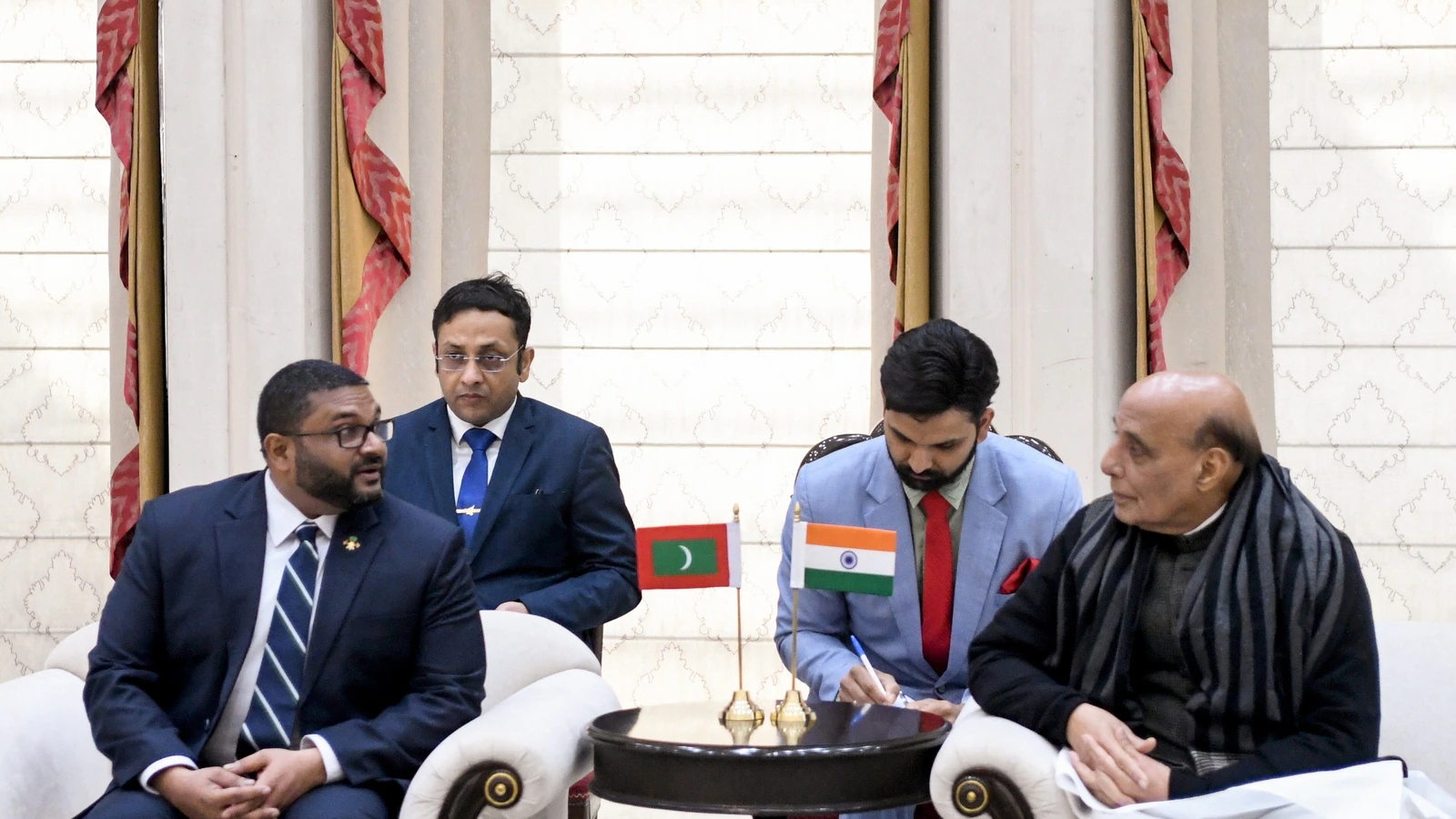



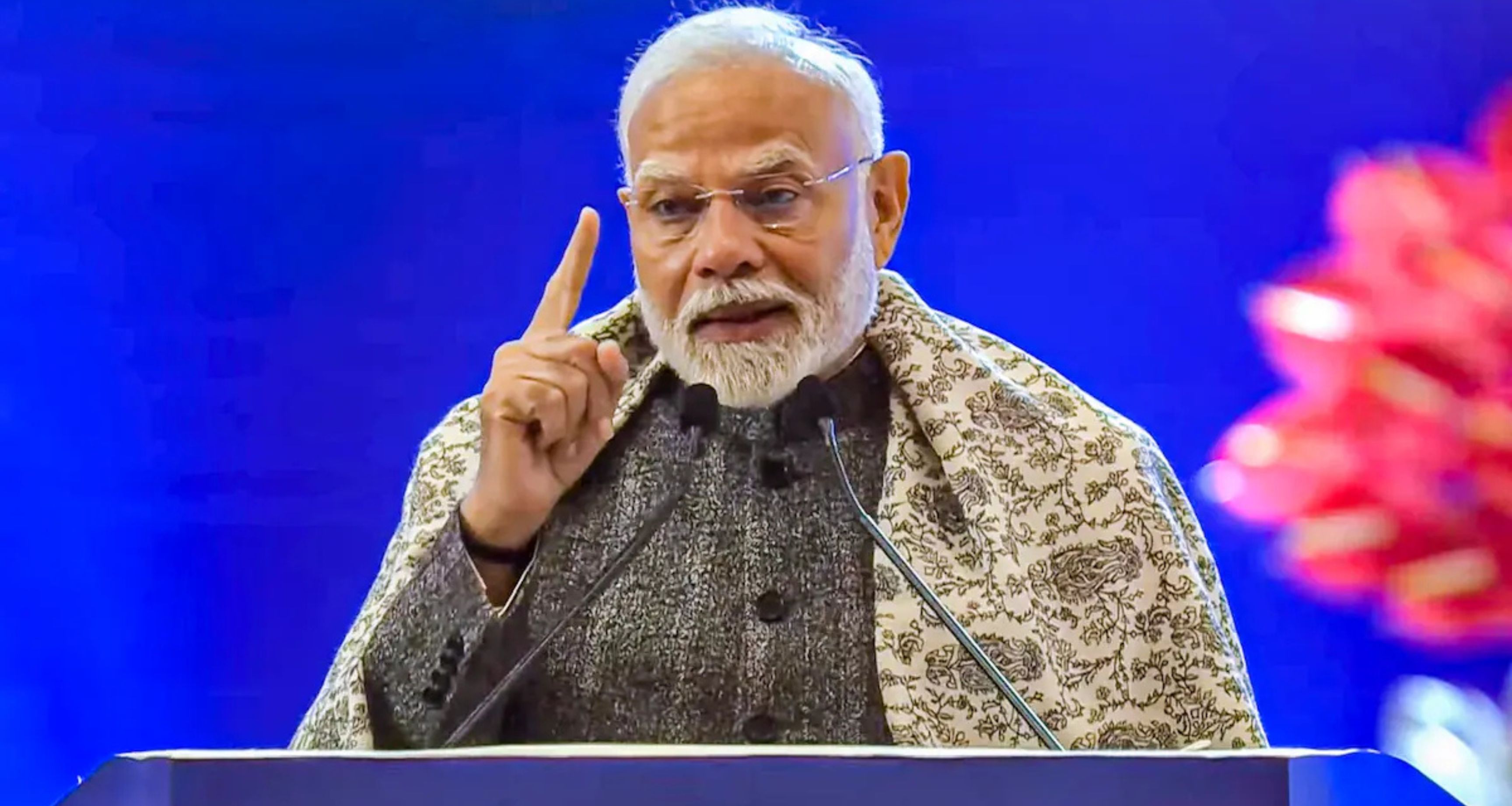
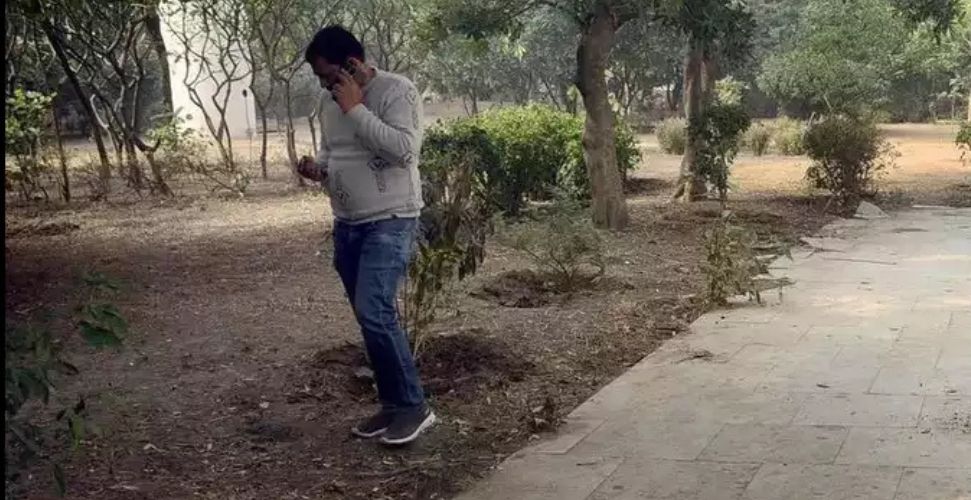

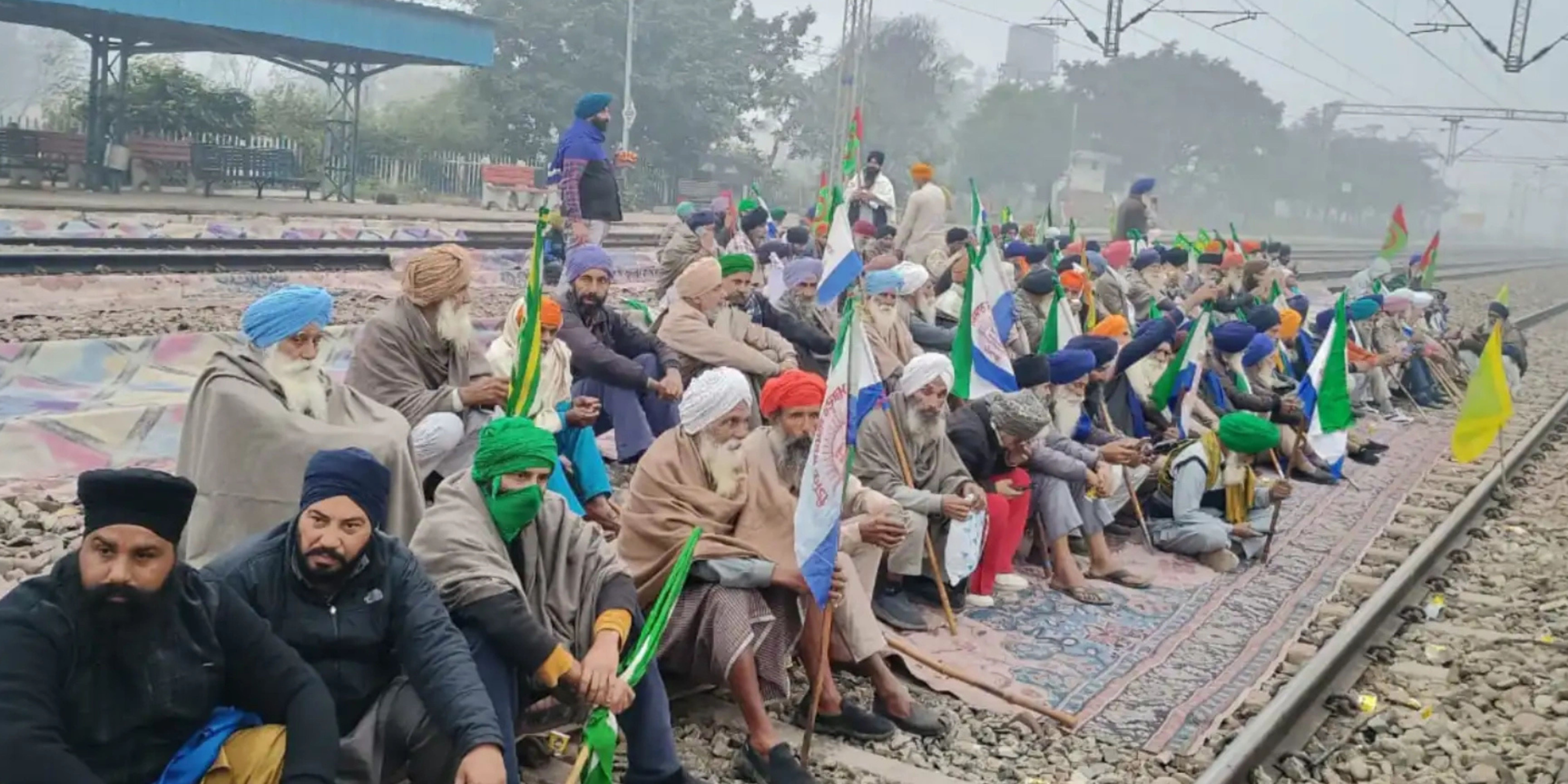
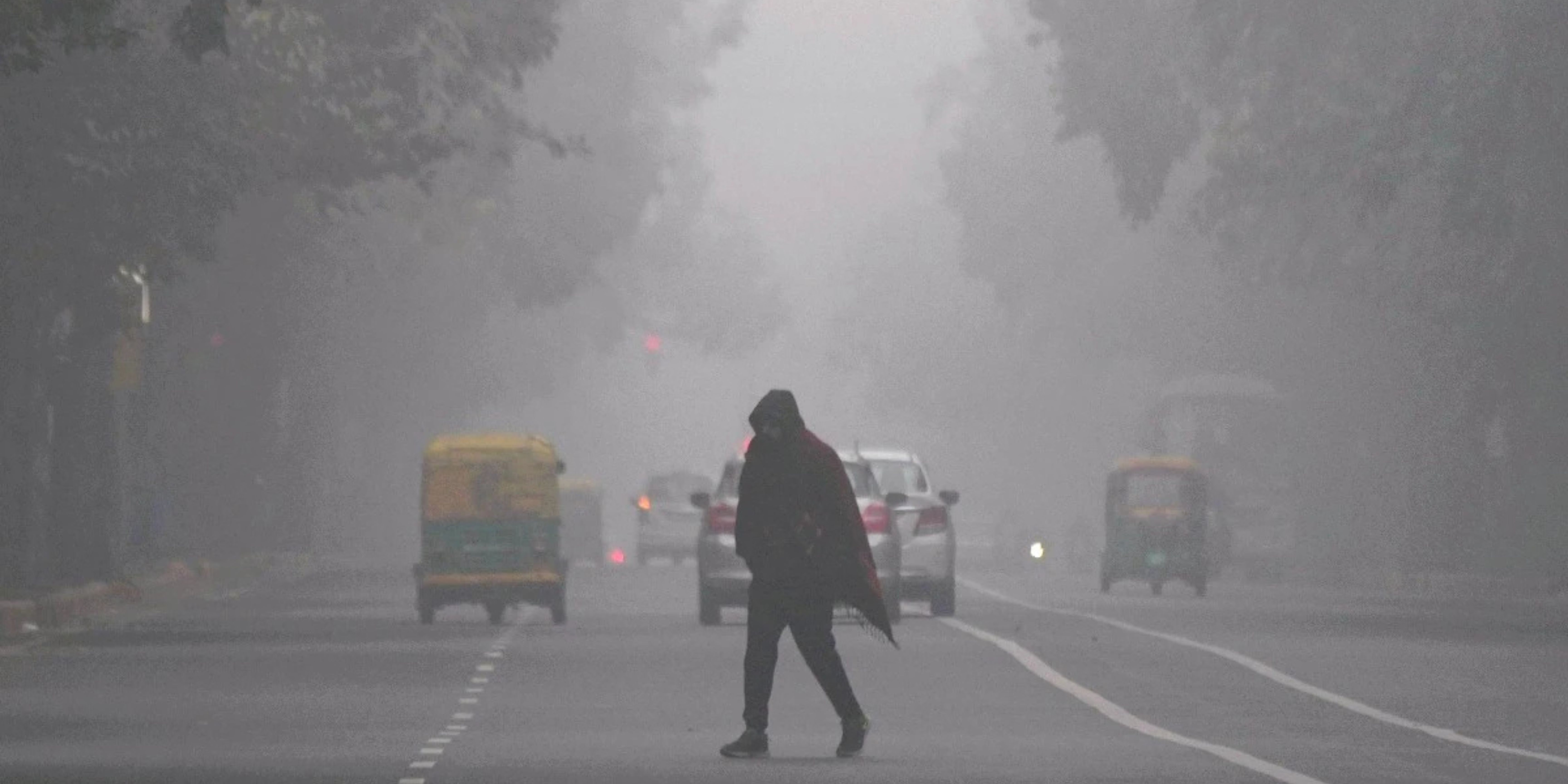




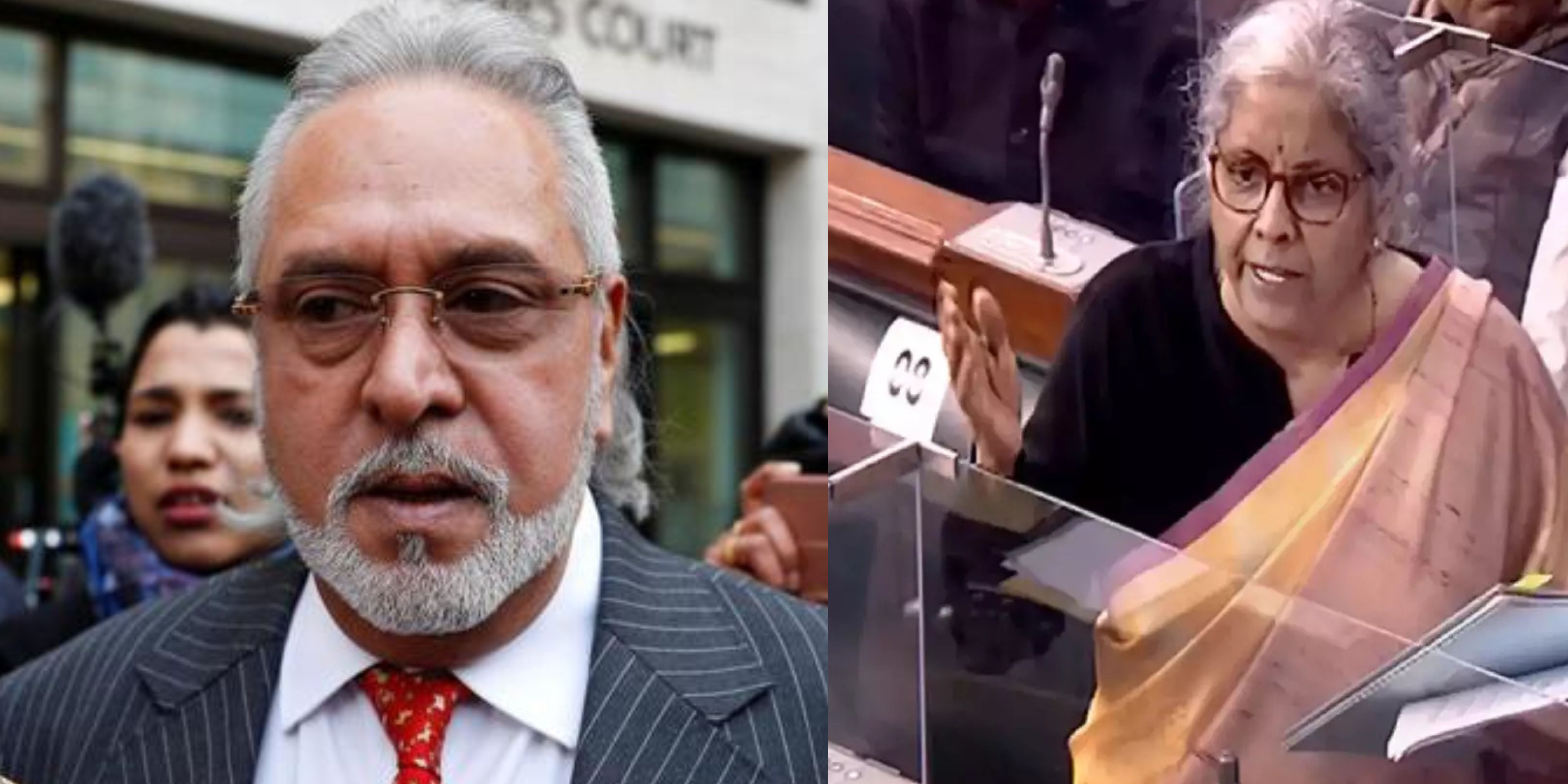









.jfif)
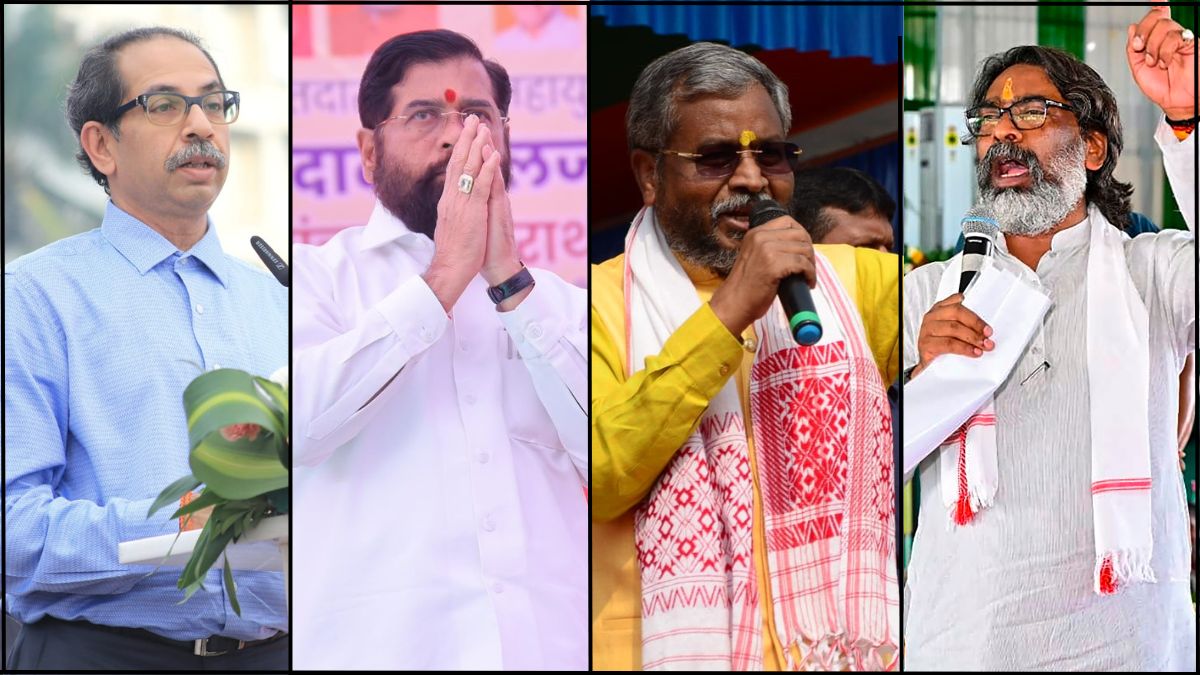


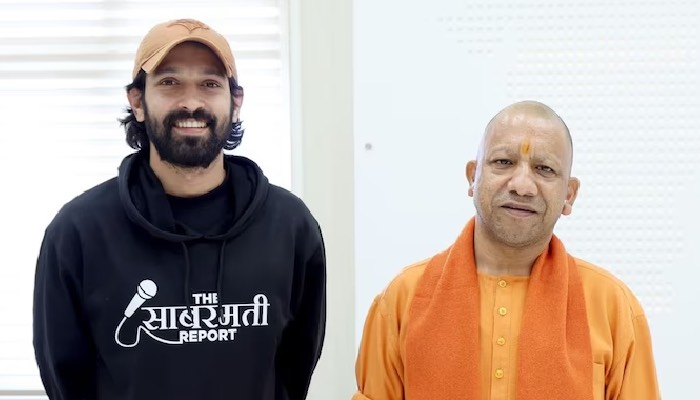
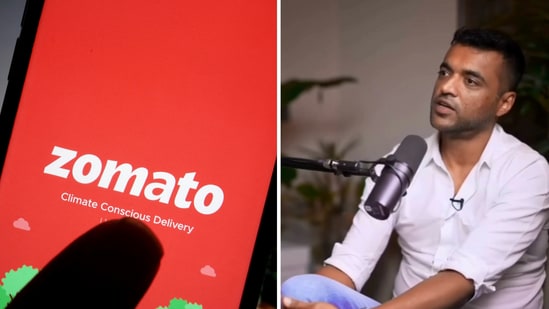
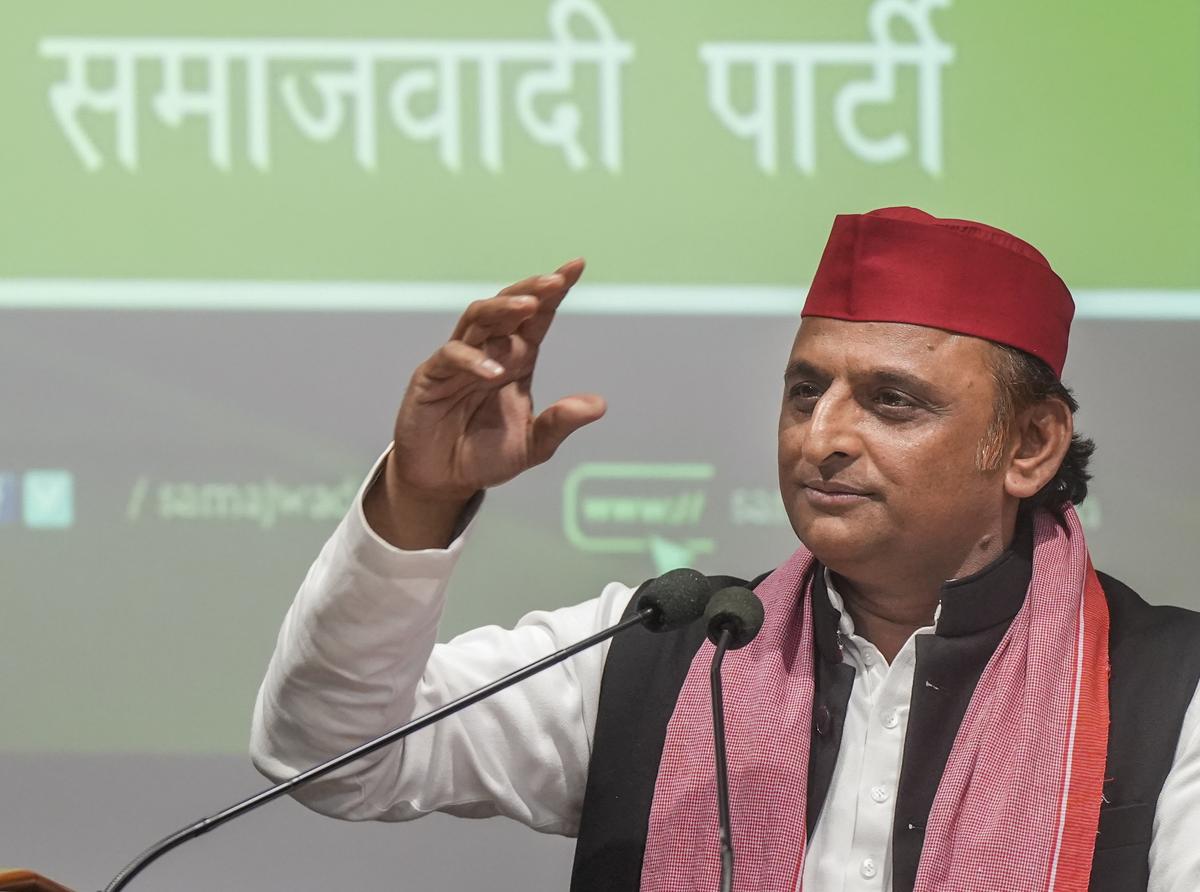

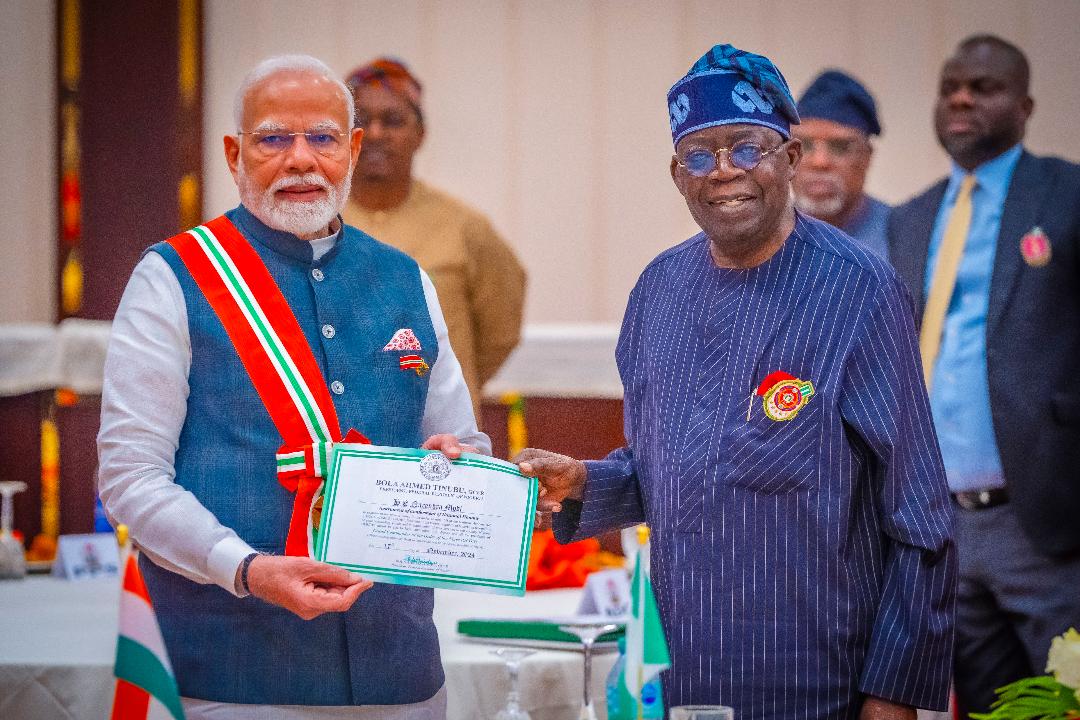

.jpg)





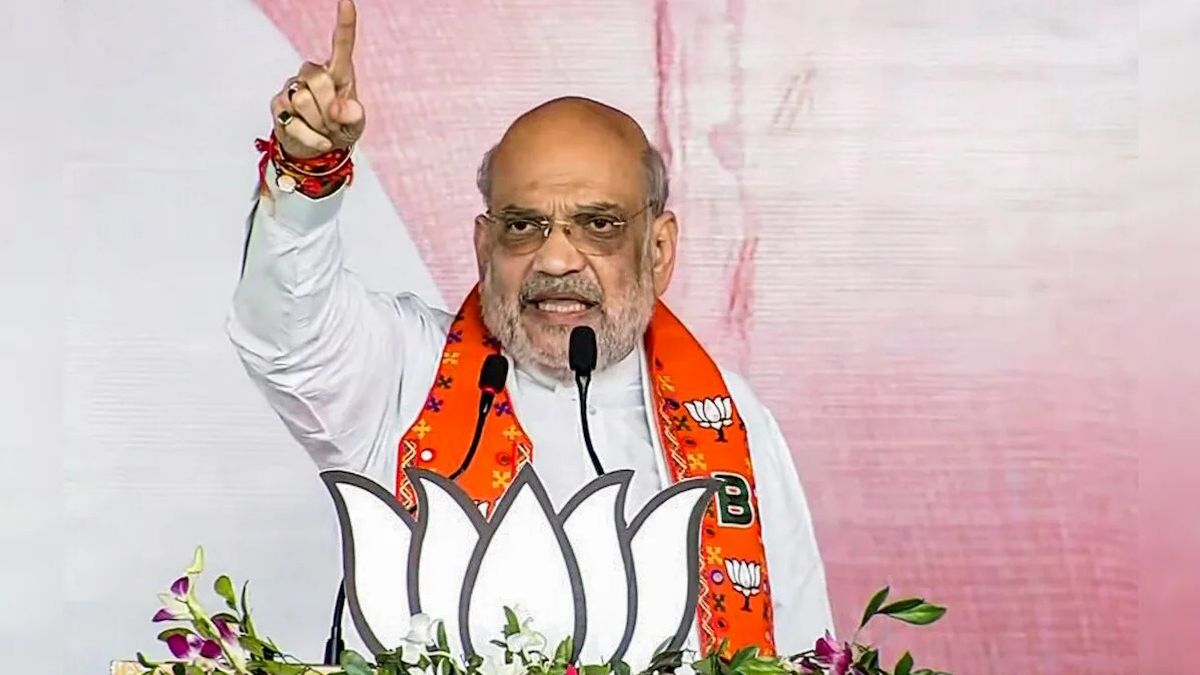





























































































.png)
 (1).png)























